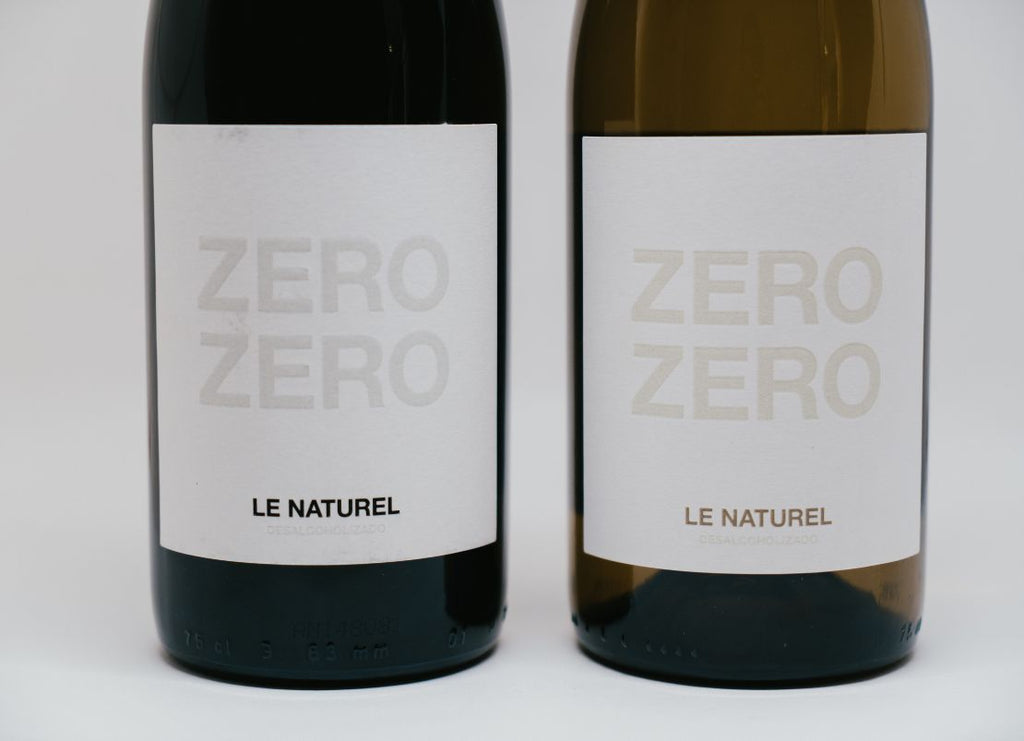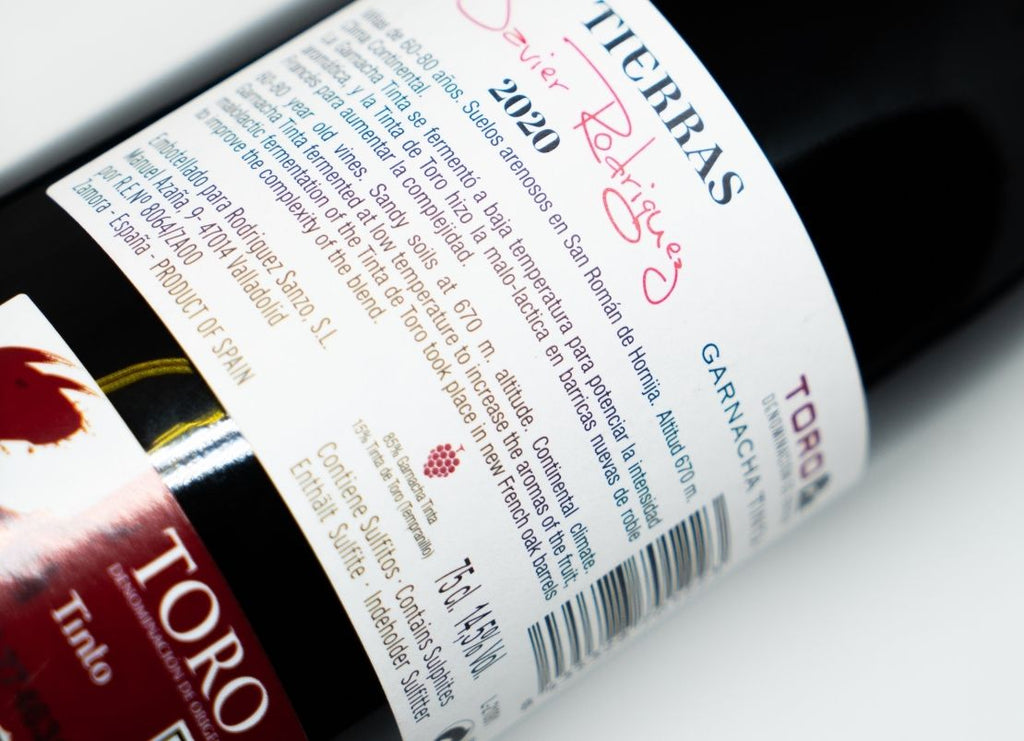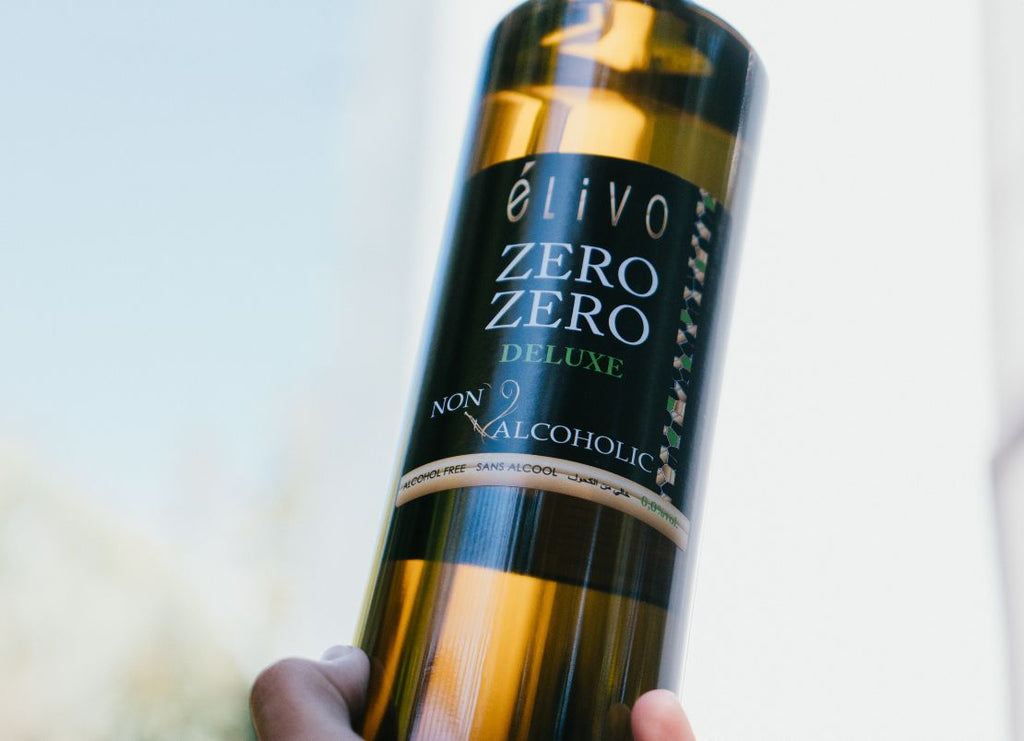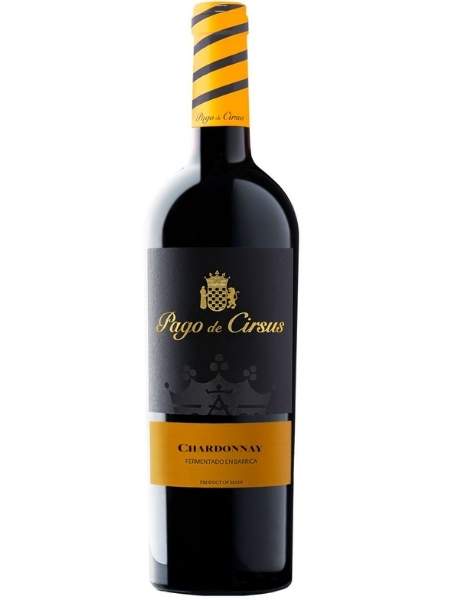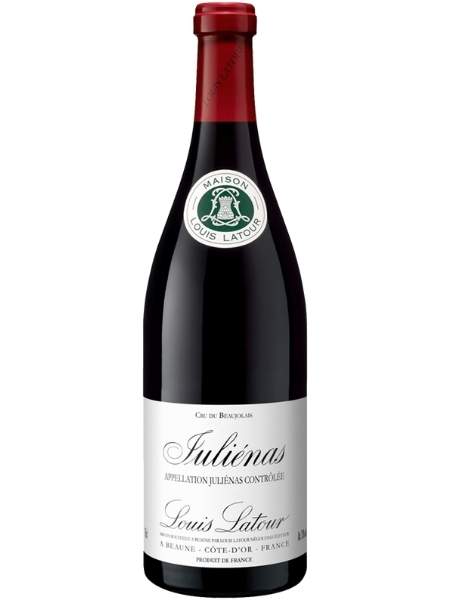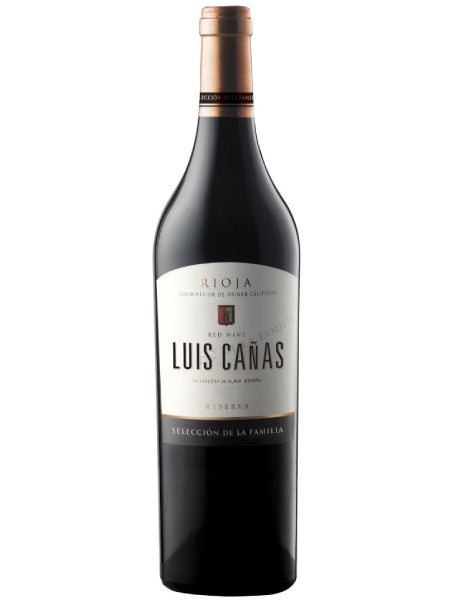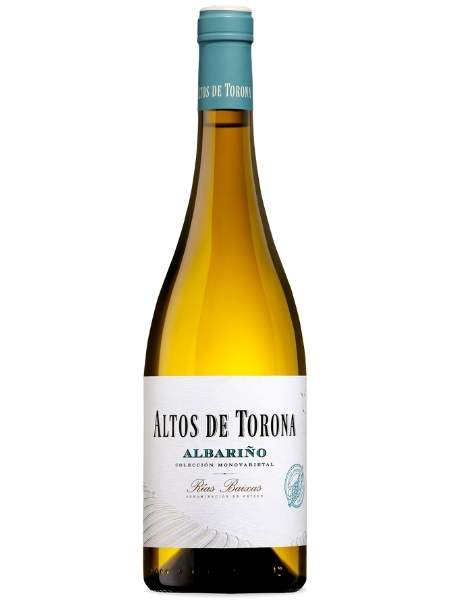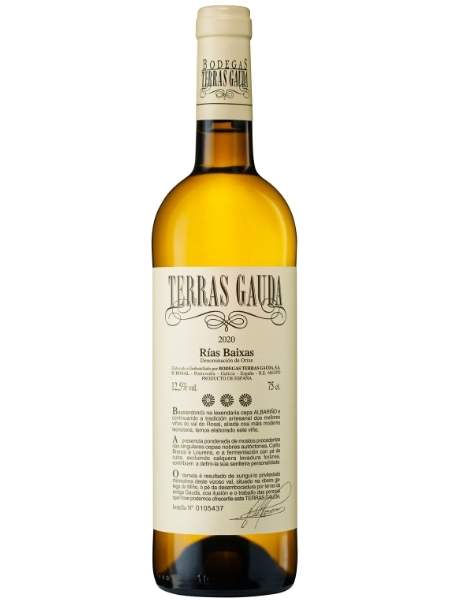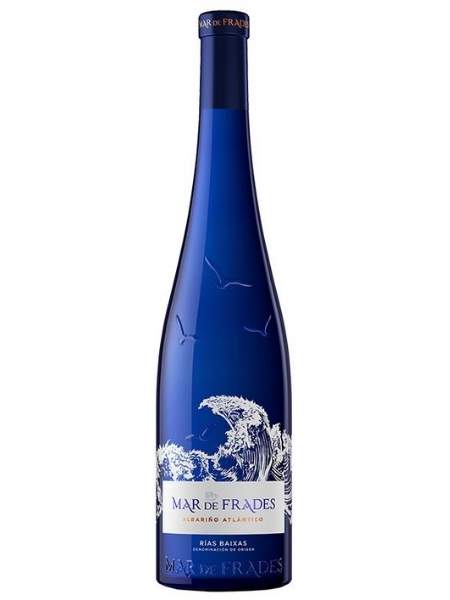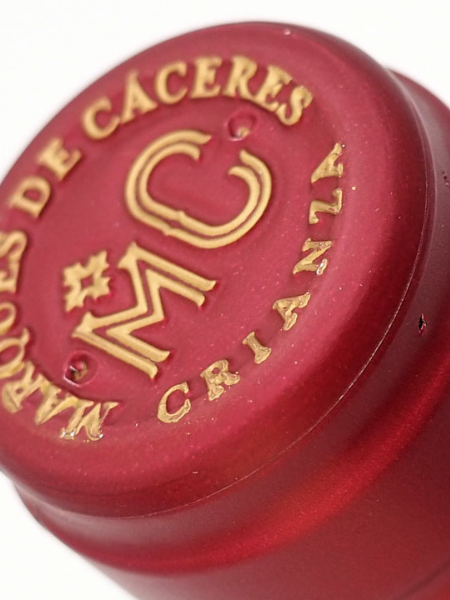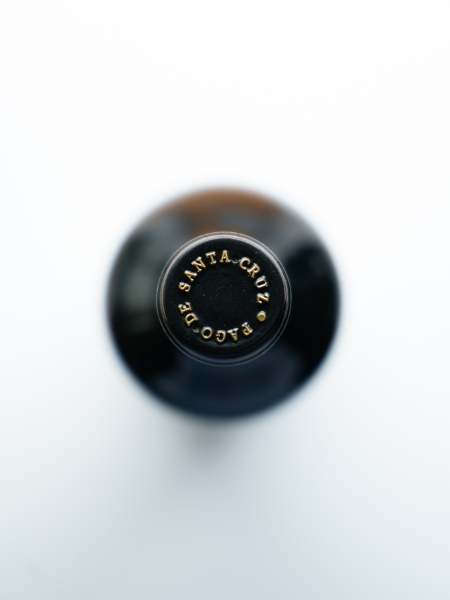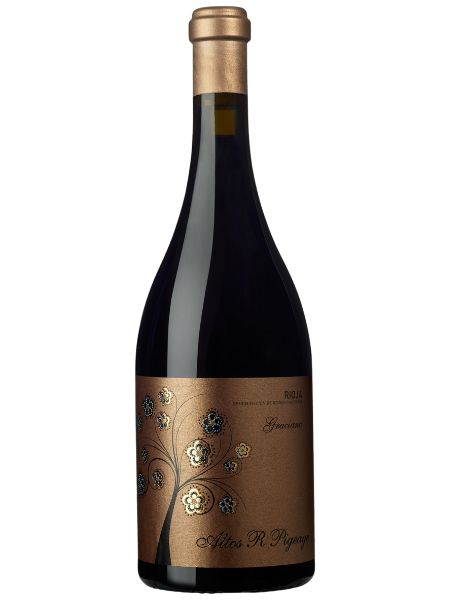
How Extra Virgin Olive Oil is Made: From Orchard to Table

When it comes to healthy cooking oils, few can rival the rich history and nutritional benefits of extra virgin olive oil. Known for its distinct flavor and numerous health advantages, this liquid gold has been cherished for centuries. But have you ever wondered how extra virgin olive oil is made? Join us on an aromatic journey through the olive groves and mills, as we uncover the meticulous process behind producing this premium oil.
How Extra Virgin Olive Oil is Made
The process of crafting extra virgin olive oil is a labor of love that involves precision, patience, and a deep appreciation for nature's bounty. Here's a comprehensive overview of the steps that bring this exquisite oil from orchard to table:
Harvesting the Finest Olives
At the heart of every great extra virgin olive oil is the selection of the finest olives. The olives are hand-picked at the peak of ripeness, usually during the autumn months, to ensure the highest quality oil. This careful selection ensures a robust flavor profile and optimal oil extraction.
Gentle Olive Washing
After harvesting, the olives are gently washed to remove any dirt or debris. This crucial step ensures that the resulting oil maintains its purity and natural flavors.
Crushing and Malaxing
The washed olives are then crushed into a paste, pits and all. Traditional methods employ large stone mills, while modern facilities use stainless steel machinery. This paste undergoes malaxation, a slow mixing process that encourages oil droplets to combine, facilitating oil extraction.
Separating the Oil
The olive paste is now ready for the critical separation stage. It's spread over pressing mats or disks and stacked, forming layers that will be pressed to extract the oil. This pressing process must be executed with care, as excessive heat or pressure can degrade the oil's quality. The oil is then extracted, and any residual water is removed.
Centrifugation for Purity
To further refine the oil and remove any remaining water and solids, a centrifuge is used. This high-speed spinning process separates the oil from the rest of the components, resulting in a purer, clearer liquid.
Tasting and Certification
A hallmark of authentic extra virgin olive oil is its impeccable taste and aroma. Expert tasters analyze the oil for its flavor characteristics, ensuring it meets the strict criteria for classification. Once the oil passes this sensory evaluation, it earns the coveted "extra virgin" designation.
Bottling and Storage
The final step involves bottling the freshly extracted extra virgin olive oil. Dark glass bottles are often used to protect the oil from light, which can cause it to deteriorate. Proper storage in a cool, dark place ensures that the oil retains its freshness and flavors.
The Science Behind Extra Virgin Olive Oil
While the process of making extra virgin olive oil might seem like magic, it's rooted in scientific principles. The oil's quality is determined by factors such as acidity level, peroxide value, and sensory attributes. These parameters help ensure that the oil maintains its health benefits and flavor profile.
Frequently Asked Questions (FAQs)
Q: What makes olive oil "extra virgin"?
A: Extra virgin olive oil is the highest grade of olive oil, obtained through mechanical means without the use of heat or chemicals. It must meet stringent criteria for taste, aroma, and chemical composition.
Q: Can you use extra virgin olive oil for high-heat cooking?
A: While extra virgin olive oil is prized for its delicate flavor, it has a lower smoke point compared to other oils. It's best suited for drizzling, dressing, and low to medium-heat cooking.
Q: Is extra virgin olive oil healthier than other cooking oils?
A: Extra virgin olive oil is rich in monounsaturated fats and antioxidants, making it a heart-healthy choice. Its unique composition has been linked to various health benefits, including reduced inflammation and improved cholesterol levels.
Q: How do I store extra virgin olive oil to maintain its freshness?
A: To preserve the oil's freshness, store it in a cool, dark place, away from direct sunlight and heat. Proper storage can help extend its shelf life and prevent oxidation.
Q: What should I look for when buying extra virgin olive oil?
A: Look for reputable brands that provide information about the oil's origin, production methods, and certifications. The label should bear the "extra virgin" designation, and the oil should have a vibrant color and a fruity, peppery aroma.
Q: Can I use expired olive oil?
A: Using expired olive oil might lead to a decline in flavor and nutritional value. It's best to use fresher oil for the best taste and health benefits.
Conclusion
From the lush olive groves to the careful pressing and extraction process, the journey of crafting extra virgin olive oil is a testament to human ingenuity and appreciation for nature's gifts. Each step, from harvesting to bottling, contributes to the creation of a culinary masterpiece that graces tables around the world. So, the next time you drizzle that golden elixir over a salad or savor it with freshly baked bread, you'll know that the journey of how extra virgin olive oil is made is as remarkable as the oil itself.
Discover our extra virgin olive oil in our store!

